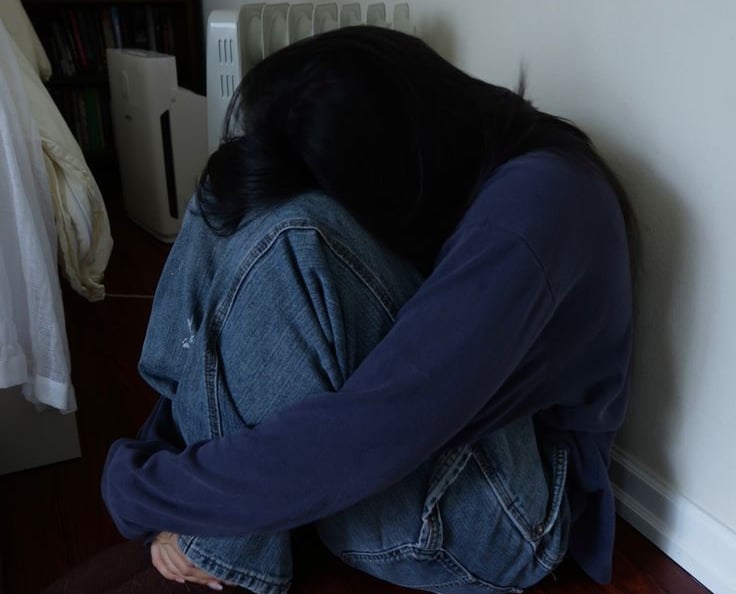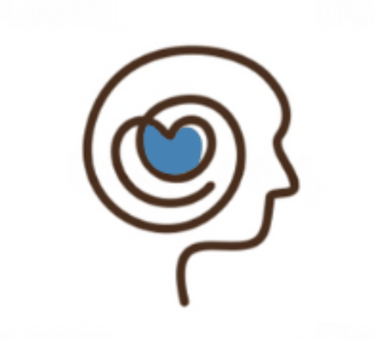Redefining Rejections as Redirection
What if the very thing you fear most—rejection—is actually the key to unlocking your greatest potential? While rejection stings in the moment, learning to face it can empower you to live a life full of growth, courage, and meaningful opportunities.
Nysha Prasad
1/27/20253 min read


Rejection is a bitter pill to swallow.
Most of us have had our fair share of it. Whether it’s not getting the job you applied for, being rejected by your dream college, missing the cut for a sports team, or not getting a second date with someone you had high hopes for, rejection is a universal experience. It’s painful, personal, and can leave you questioning your worth.
Feeling rejected is one of the hardest emotions to process. It can make us feel like failures, judged by others, or unworthy of the things we deeply care about. No matter how much people try to frame rejection as a “lesson” or a “character-building experience,” the truth is that it hurts. It breaks confidence, stirs up self-doubt, and creates fears that can linger long after the rejection itself.
However avoiding rejection entirely comes with its own set of consequences. Fear of rejection can hold you back from taking risks, building relationships, or pursuing meaningful goals. In fact, research shows that this fear can negatively affect your mental health, decision-making, and the way you see yourself. It can keep you stuck in a cycle of playing it safe—thinking small, and living smaller.
Signs of being trapped by the fear of rejection might look like:
Struggling to say “no” even when you’re overwhelmed
Avoiding asking for what you truly need
Hesitating to commit to relationships or new friendships
Staying in unhealthy dynamics or environments
6 Ways To Handle the Fear of Rejection
The good news is, while rejection is inevitable, learning how to cope with it can make all the difference. By reflecting on your experiences and reframing the way you think about rejection, you can develop healthier strategies to face it head-on.
Reframe rejection as redirection
When one door closes, another one opens. Each rejection is a chance to pivot toward opportunities you might not have considered otherwise. A job you didn’t get might lead to one that’s an even better fit. A relationship that didn’t work out might clear the path for someone who values you fully. When rejection happens, remind yourself: “I’m not being rejected; I’m being redirected to something better.”Be your own biggest supporter
Don’t let rejection turn into self-blame. Instead of tearing yourself down, practice self-compassion. Speak to yourself the way you would to a close friend—kindly, gently, and with encouragement. Replace negative self-talk with affirming messages like, “I’ve gotten through challenges before, and I will again,” or, “This doesn’t define me; it’s just one moment in my story.”Lean on your support network
Spending time with people who care about you can remind you that you are valued and loved. A good support system offers encouragement as you work toward your goals and provides comfort when things don’t go as planned. Knowing your loved ones have your back makes rejection feel less overwhelming.
Your trusted circle can also help you practice facing rejection in a safe way, building your confidence for real-life situations.
Remind yourself of your worth
Rejection often feels personal, but it’s not always about you. For example, if someone stops replying after a few dates, it might simply mean they didn’t feel a connection—not that you’re boring or unworthy of love.
Sometimes, people struggle with communication or choose avoidance out of fear of hurting others. Building self-confidence and reminding yourself of your value can help you approach future situations without fear.
Try:
Writing about three moments in your life when you felt most proud of yourself
Listing five ways you honor your personal values
Reflecting on the qualities you bring to relationships
Validate your feelings
Rejection hurts—period. It’s okay to feel upset, embarrassed, or disappointed. Don’t dismiss your emotions or let others tell you to “just get over it.” Acknowledging and validating your feelings is the first step to working through them.
Pretending rejection doesn’t bother you only pushes those emotions deeper, making it harder to address them in a healthy way. Instead, give yourself permission to grieve, process, and heal.
Don’t let rejection define your worth
Rejection is just one person’s opinion or one missed opportunity. It doesn’t mean you’re unqualified, unworthy, or unlovable. Only you get to define your value—not someone else’s decision or perception.
Rejection doesn’t feel good—it’s not supposed to. But letting the fear of rejection control your life can feel even worse in the long run. Taking risks, even when rejection is a possibility, opens doors to new growth, experiences, and connections. After all, no pain, no gain.
- Nysha
Resources:
https://psychcentral.com/blog/deconstructing-the-fear-of-rejection-what-are-we-really-afraid-of#2
https://marisapeer.com/fear-of-rejection/
https://inspireinward.com/steps-to-overcome-fear-of-rejection/
https://www.healthline.com/health/fear-of-rejection#validate-your-feelings
